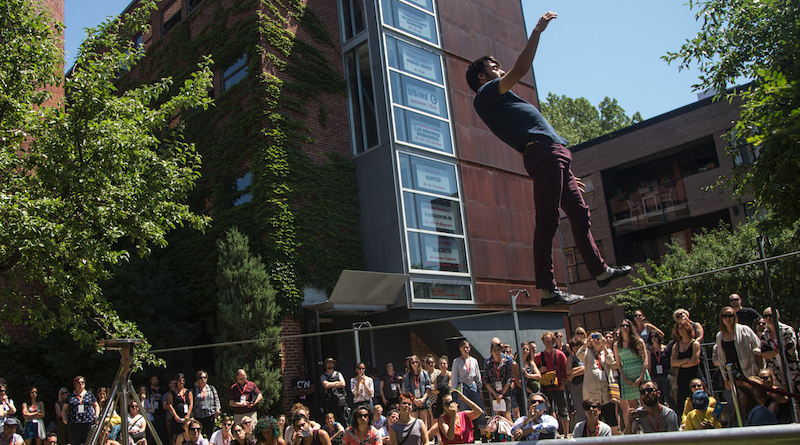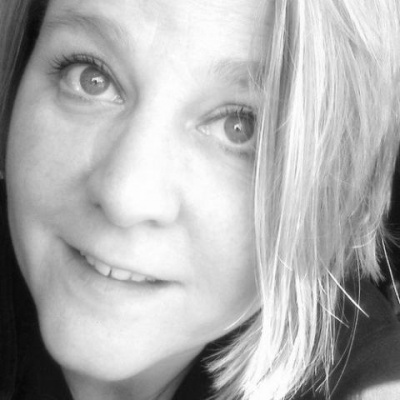Experiential Learning in Contemporary Circus–A Seminar in Montreal
Each year as the Montréal Complètement Cirque (MCC) festival approaches, graduate students from around the world begin to gather in Montreal to explore their interest in the contemporary arts and to further their understanding of the importance of circus as a social phenomenon. As with other years, Professor Patrick Leroux of Concordia is leading a summer interdisciplinary seminar that “will provide an opportunity to learn, explore and refine research methods in the performing arts with a focus on contemporary circus and physical theatre.” We spoke with Leroux about how this year’s seminar will be structured and how it will differ from previous years.
Kim Campbell: Last year, the seminar seemed based around Montréal Complètement Cirque performances as well as its complex relationship with circus as a distinct art form. What is different about this year’s focus?
Patrick Leroux: Last year, I sought to situate Québec on the world stage and to understand its place and relation to other artistic nations and traditions. The seminar was essentially an academic one. This year, I’m focusing the intensive seminar on issues of experiential learning and research-creation involving circus and physical theatre in the context of academia. Why? Because so many of my graduate students needed a class like this one and that I felt the need to reflect aloud and along with students on my research and pedagogical practices. I travel quite a bit and people kept asking me about my research-creation projects and their process. I grew tired of constantly traveling and thought: why not invite the world to Montreal to think and do for two weeks? This was made possible because of an innovative initiative of the Dean of Arts and Science at Concordia University.
The seminar coincides with the ten-day presentation of a project titled “Embodied research-creation into contemporary circus” that will essentially allow students, Montréal Complètement Cirque festival goers and the general community to see what goes on when circus creators explore collaborative short forms rather than creating individual acts. Three professional directors working with two National Circus School (ENC) teachers as well as seven students will see their work closely analyzed by Concordia research assistants for later theorizing.
There will also be a scientific poster presentation of some of our preliminary conclusions (very basic, the actual learned articles and book will come later). And a panel discussion on what circus research means, can mean, and can produce. This research conducted in close collaboration with the National Circus School was funded by our provincial funding body, the FRQ-SC and its dissemination is made possible thanks to the support of SSHRC, the Canadian humanities funding organization.
My summer seminar students will have access to this ongoing exploration as trained observers; they will also have two working sessions with some of the National Circus School teachers and students. They will also develop their own collaborative “thinking-doing” pieces that will be presented on the last day of the seminar.
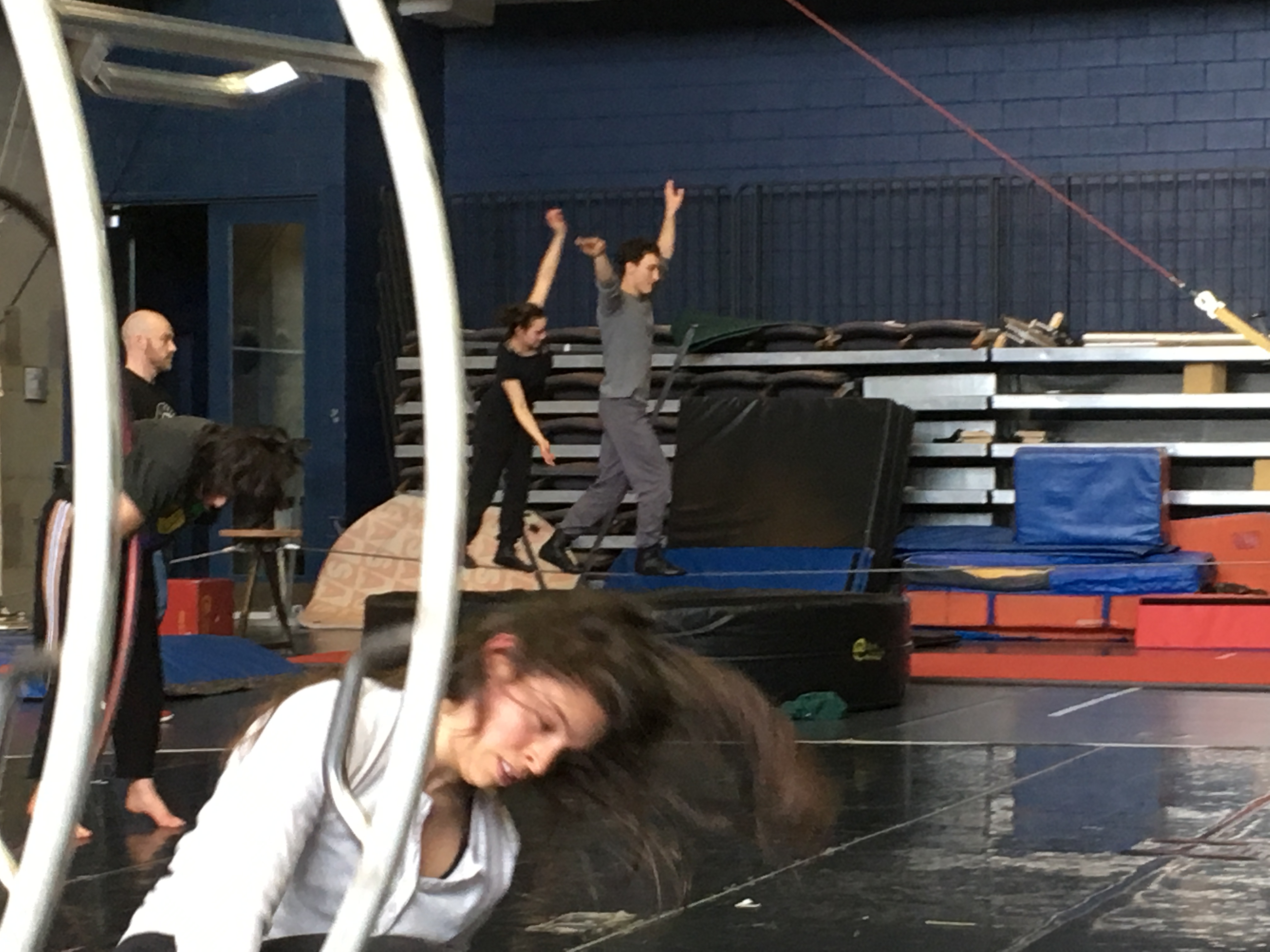 KC: What inter-disciplinary backgrounds and regions do your students hail from this summer?
KC: What inter-disciplinary backgrounds and regions do your students hail from this summer?
PL: The 22 students come from 10 countries. The response was incredible! In the end, I had to decline a dozen applications and was managing a waiting list until a few days ago. The students come from Canada (two of whom are originally from Turkey and Armenia) and the U.S., Australia and New Zealand, Belgium and Holland, Italy, Columbia and Brazil. 60% of the students are from abroad and the remaining students are coming from Toronto, Québec City and Montreal. In that group, there are aerialists, jugglers, theatre directors, installation artists, clowns, musicians, acrobats, dancers and much more.
KC: You mention experiential learning. How can participants with a non-performing background benefit from experiential learning in the seminar?
PL: Everyone in the seminar has some performing arts background. Not everyone is a performer, there are directors and writers and composers, so the idea is to create an environment which is essentially split four ways: part academic lectures and discussion, part hands-on studio time in a large performance space in order to foster collaborations, part focused observation and retroaction of my ongoing circus dramaturgy research-creation project with the National Circus School and part attending Montréal Complètement Cirque festival and talks. If you’re wondering how we can do all of this, we’re basically starting at 10 am and learning, working, observing, discussing until 5 pm, then we spend evenings at the festival! One semester’s-worth packed into two weeks. Let’s imagine this as a boot-camp for performing arts scholars and artists interested in bridging the gaps between practice, theory and, I hope, pedagogy.
KC: Ideally,what knowledge or insight do you hope these students gain and return to their universities with?
PL: My course objectives are to offer a space for sustained discussion on research-creation, practice-as-research and experiential modes of research into the performing arts;
- to explore together successful and more challenging examples of such research design, implementation and dissemination
- to share experiences, expertise and insights into a variety of international and interdisciplinary practices
- to encourage research-action and to create an environment that fosters embedded research and creation
- to offer an opportunity to articulate a research-creation project or, for students already engaged in a project, to further develop or probe into the complexities of an existing project
- to experience research-creation from an participant-observer perspective as well as from its design and collaborative phases
- to create an environment of intellectual and artistic exchange and possibilities that will run alongside a major festival and hopefully contribute further projects and exchanges.
- And nothing less!
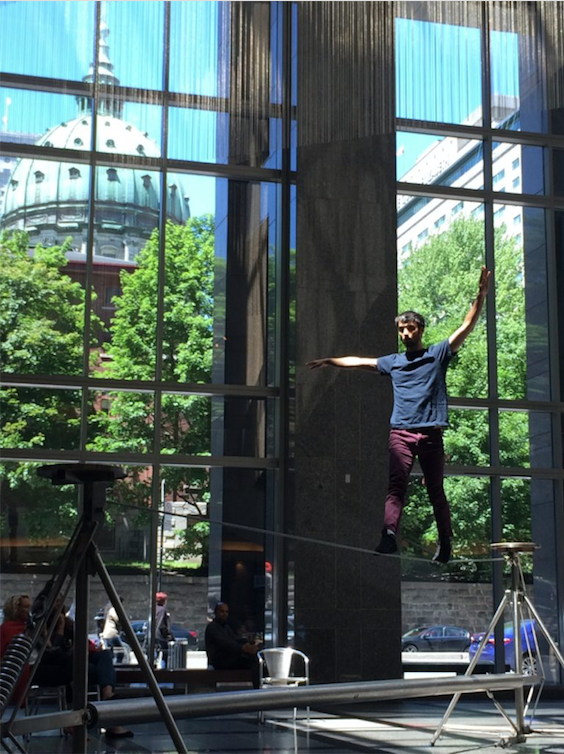 KC: What have you learned from your seminar students in previous years?
KC: What have you learned from your seminar students in previous years?
PL: Last year, I appreciated the intensity and immediate closeness of the group. Everyone knew we were together for two weeks, so there was no time for idle chat. Not everyone likes this proximity and marathon-like environment, so we’ve built in more breakout sessions and the students will have access to a greater variety of spaces and experiences. I also learned that there was an incredible desire to know, to learn, to understand and challenge assumptions in the contemporary circus world. While some debates were quite vivid, I found that the passion that the students brought to the discussion fuelled us all. Circus mattered, viscerally and intellectually, in that classroom.
KC: How will you explore research-creation and act-research methods during the seminar? What resources would you recommend to circus artists who cannot attend who would like to know more about these methods?
PL: Last year was a straight-up academic seminar. This year, I’m drawing on Brad Nelson’s extensive work and Chapman and Sawchuk’s theorizing of research-creation as well as de Jong for some additional theoretical frameworks. I’m also drawing on the past decade of research-creation in the university setting, focusing not only on what worked, but just as much on what we can learn from what didn’t. I’ve led theatre-based projects, resonant-responses to gothic works using video art, dance, theatre, as well as circus and technology and contemporary circus dramaturgy. Each of these experiences in academia has come with its challenges and moments of insight.
Also, most importantly, given that our principle resource will be each other, I’ll be drawing from what the seminar participants contribute to the discussion from their own experiences, thoughts, and in-class studio presentations. Remember that most of the students have years of artistic practice under their belt and that they have gone back to school to gain a better understanding of their process and, in many cases, to teach.
KC: I asked you this last year. What will a typical day in the seminar be like?
PL: Sure! Roughly, from 10 am to noon there will be an academic seminar and discussion. From noon to 2 pm: either participant-observation of the ongoing circus dramaturgy workshop or individual or group studio time and-or lunch. From 2 pm to 4 pm: either participant-observation of the ongoing circus dramaturgy workshop or individual or group studio time or panel discussions or works-in-progress presentations at International Market of Contemporary Circus (MICC). 4 pm to 5 pm: We’ll have group retroaction: what have we seen, experienced, what can we share? Then dinner and rush off to a cocktail or a show opening at the festival. In the evenings we will attend the shows at Montréal Complètement Cirque. Most of the students will be staying on campus a few steps away, so little time will be wasted in transit. Students will be encouraged to write blogs and to share them with the group. I’ll select a few particularly interesting ones covering a range of topics and perspectives and send them along to Circus Talk!
Related content: Notes From a Field School in a Burgeoning Field, and Circus Summer Seminar in Montreal
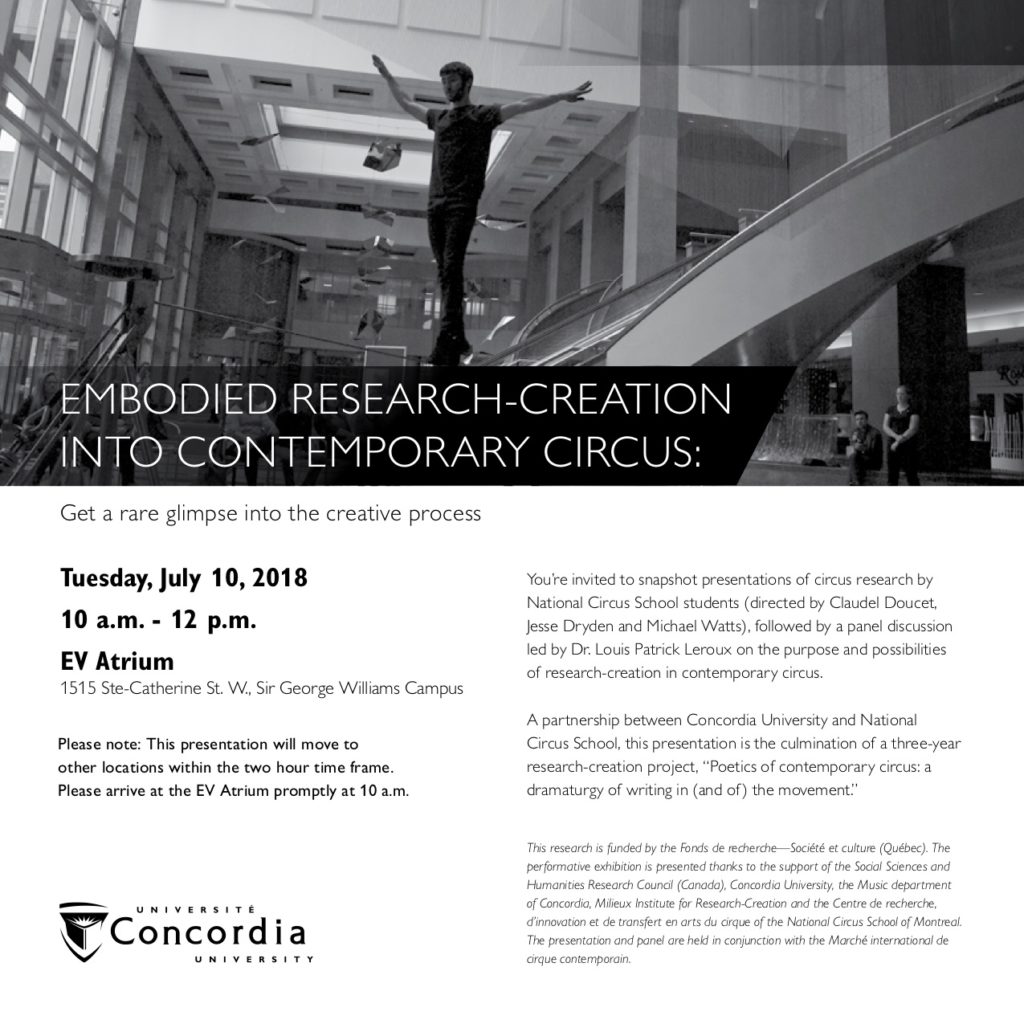
...Patrick Leroux is an Associate Professor at Concordia University and the Founding Director of the Montreal Working Group on Circus Research. He holds a strong interest in circus stemming from his practical experience in theatre and scholarly research into discourse and self- representation in Québec Drama. Dr. Leroux has published extensively and given many international talks on contemporary circus, and has worked closely with the Québec circus scene as a researcher, collaborator, and teacher. He is an ongoing Associate Researcher and guest teacher at the National Circus School of Montreal. At the NSC he is currently working alongside students and teachers exploring the various modes of circus narratives and dramaturgical strategies. He has been a Visiting Scholar at Duke University, Charles University (Prague), and will be at France’s Centre national des arts du cirque in March 2017. Louis Patrick Leroux is also a playwright and a director. Recent creative projects have included theatre (False Starts, Se taire, Ludwig & Mae), performative video installation (Milford Haven) and circus (Hamlet on the Wire, and a laboratory exploration with 7 doigts de la main and National Circus School). He is currently involved in many research projects, all-team based, including a Quebec-funded project exploring circus dramaturgy; a Canadian-funded project studying physical literacy, creativity and resilience; and a Canadian-funded historical synthesis and socio-esthetic analysis of Québec theatre. Recent scholarly collections include Cirque Global: Québec’s Expanding Circus Boundaries, coedited with Charles Batson (McGill-Queen’s UP, 2016), “North-South Circus Circulations” edited issue of Québec Studies (2014) “Le Québec à Las Vegas” edited issue of L’Annuaire théâtral (2010), and Le jeu des positions. Discours du théâtre québécois, coedited with Hervé Guay (Nota Bene, 2014). He is currently working on a book on contemporary circus creators for Routledge with Katie Lavers and Jon Burtt.
Do you have a story to share? Submit your news story, article or press release.

